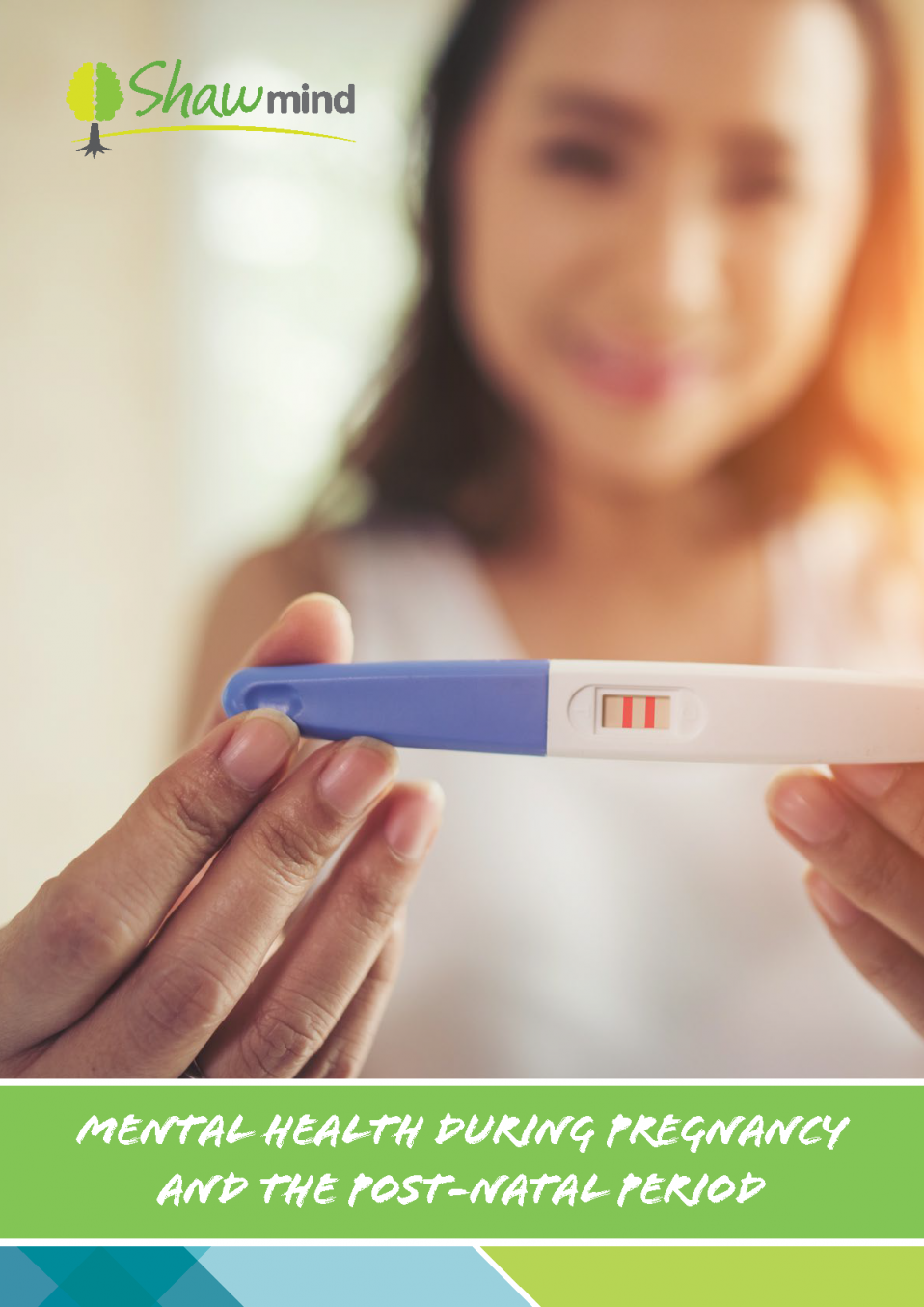Although the majority of perinatal research focuses on mental health problems in the postnatal period, the beginnings of a shift to recognise the mental health problems women can experience in the prenatal period is emerging … Prenatal meaning before birth, and postnatal meaning after birth.
Prior to introducing this guide, we want to highlight that it is completely normal to experience a range of emotions when preparing for your new arrival. Pregnancy and planning for your baby can bring an element of worry and anticipation about the future. Mixed emotions such as excitement, worry, happiness, and sadness are common when anticipating a change in lifestyle.
Pregnancy hormones such as oestrogen and progesterone can contribute to these emotional changes, particularly in the early months of pregnancy (National Childbirth Trust, 2019). Such emotions are to be expected and do not necessarily indicate a mental health problem. However, there are occasions when women do experience mental health problems in the prenatal period: firstly, we will address the typical changes pregnant mothers can experience, followed by looking at prenatal mental health conditions. Note that we will not discuss postnatal mental health problems in this guide, however you can download our guide to mental health during pregnancy and the post-natal period.
To find out more, download our prenatal mental health guide:
DOWNLOAD GUIDE




